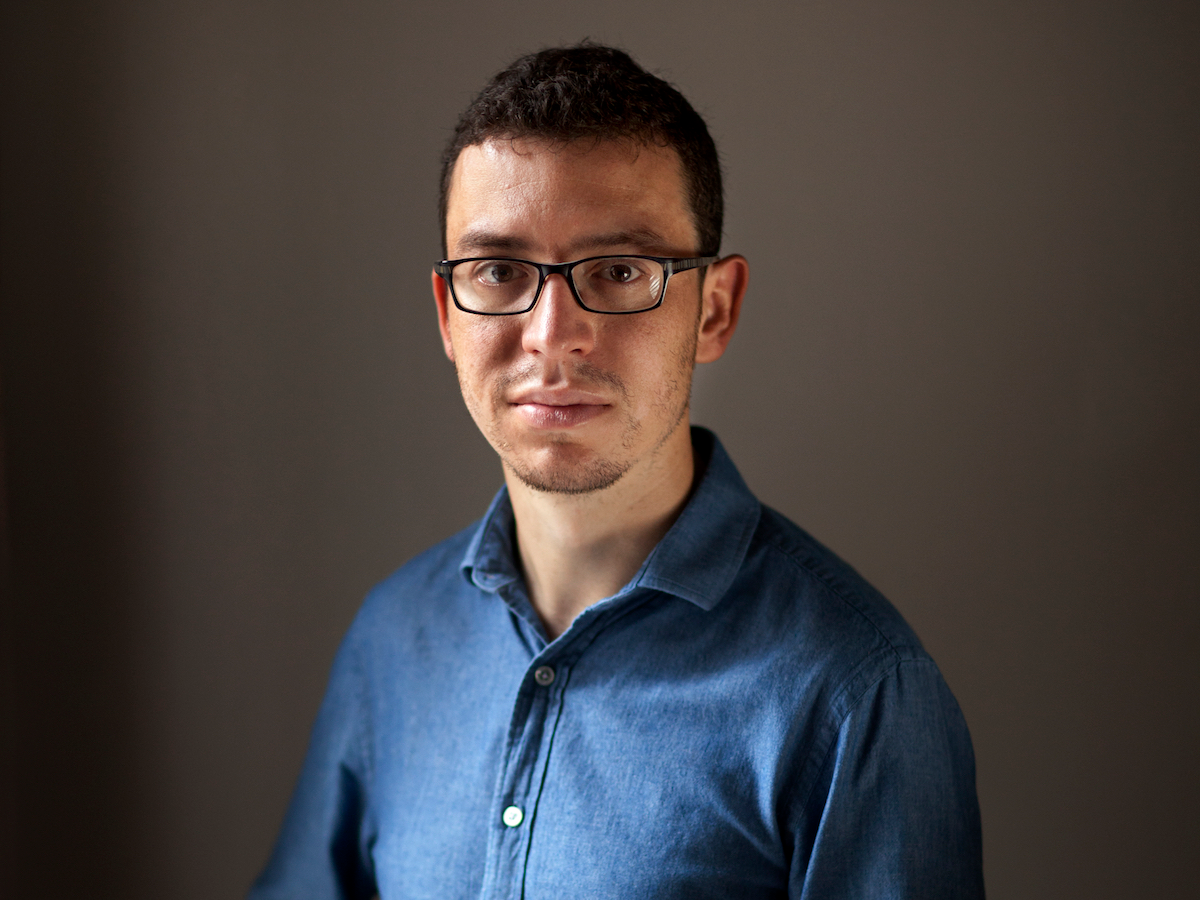- Tuesday, July 14, marks Bastille Day, recognized by many as the start of the French Revolution, which paved the country’s way to independence.
- It’s also a great time to learn a bit more about the French language, one of the most popular languages people have been learning during the pandemic, according to language-learning company Duolingo.
- From March 9 to March 30, the number of new users on Duolingo jumped by 148% in the US.
- The top five language courses include German, French, and Spanish.
- Visit Business Insider’s homepage for more stories.
The novel coronavirus pandemic has forced millions into self-quarantine, leaving many with a lot more time on their hands. And a lot of people are using this time to learn a new language. Tuesday, July 14, which marks the start of the French Revolution, is a perfect time to join the thousands of people learning French and other languages.
Language-learning company Duolingo, known for its free game-like website and app, has seen their traffic spike to “all-time highs,” according to Michaela Kron, senior public relations manager at Duolingo.
Globally, new sign-ups grew nearly 108% from March 9 to March 30. For the US, there was even higher growth, with a 148% increase. The company declined to share how many new users signed up, but Kron said it was “millions.” Duolingo offers a free version of its language learning courses, as well as a paid version for $9.99, which doesn’t have advertisements and allows for offline use.
Being bilingual has a few scientifically studied benefits. A study conducted in Luxembourg and published by the American Academy of Neurology, found those who speak more than two languages may be less likely to have memory problems like Alzheimer’s and dementia. Another study, done at the University of Chicago, found that using a foreign language when making decisions resulted in more rational and less emotional choices.
"We've seen evidence of many people taking up language learning during this period of isolation and quarantine as a means of self-improvement," Kron said. "Learning a new language comes with numerous benefits, including cognitive ones such as improved memory and social ones such as connecting better with others."
But Duolingo is far from the only app that you can use to learn a language. There's also Rosetta Stone, which costs $12 per month under the 3-month plan, or Busuu, which costs approximately $11 per month for its premium plan. Babbel, a Berlin-based paid language learning app that normally costs $9 per month under the 3-month plan, is making its service available for free to all students for several weeks. All you need is a valid school email address.
You can use a language app to learn everything from Spanish to Hindi. Here are the five top language courses, according to data from Duolingo, ranked by the number of current learners enrolled.
5. German for English speakers

This course offers native English speakers a chance to learn about German culture, expressions, and vocabulary.
Number of current learners: 8.18 million
4. English for Portuguese speakers

This course offers native Portuguese speakers a chance to learn about English sentence structure, vocabulary, and American culture.
Number of current learners: 11.1 million
3. French for English speakers

This course offers native English speakers a chance to learn about French verb conjugations, idioms, and culture.
Number of current learners: 14.4 million
2. Spanish for English speakers

This course offers native English speakers a chance to learn about Spanish cuisine, verb conjugation, and expressions.
Number of current learners: 25.8 million
1. English for Spanish speakers

This course offers native Spanish speakers a chance to learn about English grammar, vocabulary, and idioms.
Number of current learners: 28.6 million










